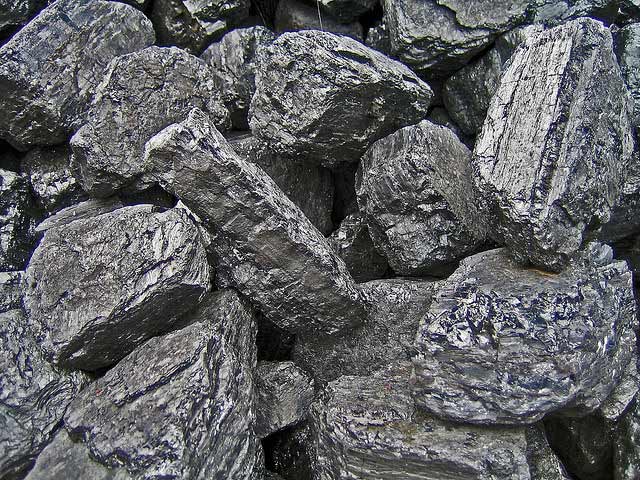Quinn Vetoes Coal-To-Gas Plant
By JoshMogerman in News on Aug 12, 2012 7:00PM
Governor Quinn exercised his veto power late on Friday to kill a bill which would have forced natural gas utilities across the state to purchase synthetic gas from a new facility which was slated for construction on the southeast side. The new plant would have converted coal into a natural gas substitute from a formerly abandoned industrial property along the Calumet River. The General Assembly's bill locked utilities into purchasing the fake gas at prices double the current market rate for the next 30 years, as noted by Crain's:
In his veto message, Mr. Quinn wrote that circumstances had changed since he signed the original authorization bill into law. "Our country is in the midst of a natural gas boom, which is coupled with dramatically decreasing demand. As a result, current natural gas prices are at historic lows, and many indicators suggest prices will remain low for years to come. These new facts require further scrutiny and a revisiting of the economics of this 30-year project. This is not a fair deal for ratepayers. We can do better."The project faced stiff opposition from a wide array of business, environmental and consumer protection groups with a bevy of objections, many of which were echoed this week by a gaggle of downstate ed boards. Though the veto is a serious blow to the project, the Times of Northwest Indiana reports it is likely still on the table:
While getting brownfields back onto the City's tax rolls is important, we are far from convinced that this is the right way to do it. Nobody expects the current low natural gas prices to last forever, but does it make a lot of sense to tie Illinoisans to a dirtier, more expensive source while the real stuff is plentiful and cheap across the nation? We will be watching this story closely as the General Assembly gets back to business in Springfield.
Tom Shepherd, a spokesman for the Hegewisch-based Southeast Environmental Task Force, said his group is not willing to proclaim the plant dead - even though it led lobbying efforts during the summer to encourage Quinn to reject the bill.“There’s no simple answer,” Shepherd said. “This plant has some serious business interests that want it built, and they may try to resurrect it in the future.”
